President Joe Biden has signed a national security memorandum to guide US intelligence and military agencies on the risks of artificial intelligence (AI) and the need for responsible use, with the aim of improving the advantage over "formidable competitors" like China.
 |
| The US has warned that if national security agencies do not apply AI technology appropriately, the country risks "being strategically surprised by rivals like China". (Source: Shutterstock) |
The framework, signed by Mr. Biden, comes a year after he issued an executive order on AI governance, aimed at ensuring that national security agencies have access to the most powerful AI technologies, while still managing the associated risks.
A US official previously warned that if national security agencies do not apply AI technology appropriately, the country will "risk being strategically surprised by rivals like China".
The official also noted that countries like China are modernizing their military and intelligence capabilities through AI, making it "particularly urgent that Washington accelerate the adoption and use of advanced AI capabilities by national security agencies to maintain a competitive advantage."
Speaking at the National Defense University in Washington on October 24, National Security Advisor Jake Sullivan affirmed: "This is the first US strategy to harness the power and manage the risks of AI to promote national security."
Mr. Sullivan warned that the United States needs to “become competitive, offering a more attractive path, ideally before other countries go too far down an unreliable path that could be costly and difficult to turn around.”
The memo issued on Thursday (October 24) also requires US security agencies to "monitor, assess, and mitigate risks associated with AI such as privacy violations, bias and discrimination, individual and group safety, and other human rights violations."
The document also encourages Washington to work with allies to ensure that AI is “developed and used in accordance with international law while protecting human rights and fundamental freedoms.”
The US national security adviser highlighted recent engagement between the US and China on the issue, saying Washington was “ready to engage in dialogue” with Beijing and other countries “to better understand the risks and counter misperceptions”.
During talks in November 2023, President Biden and Chinese President Xi Jinping agreed to dialogue on the risks and safety of AI. In May, Washington AI experts met with Beijing officials in Geneva to discuss AI, in what Sullivan described as a “candid and constructive initial conversation.”
In February 2024, China and Russia pledged to better coordinate on the military use of AI. In March 2024, the United States sponsored the first UN General Assembly resolution on AI, which was adopted unanimously and co-sponsored by China.
However, Mr. Sullivan also stressed that the moves from Beijing do not ease Washington's deep concerns about the ways in which China is using AI.
"AI should be used to unlock the potential and empower all people and countries around the world, especially developing economies. They don't want to be left behind, and neither do we," Mr. Sullivan affirmed.
According to the White House, the memo also states that monitoring competitors' actions to counter U.S. advances in AI is a "top intelligence priority," directing government agencies to provide AI developers with "timely cybersecurity and counterintelligence information necessary to keep inventions safe."
The memo also calls for steps to improve the security and diversity of the chip supply chain as the US develops the next generation of government supercomputers and other advanced technologies.
The technological rivalry between the two superpowers is intensifying, with Washington subsidizing the semiconductor industry by the dollar and stepping up measures targeting Beijing's high-tech sector, which the US says poses a threat to national security.
In addition to the chip export restrictions, the Biden administration is also rolling out export controls and a ban on AI-related investments while weighing further moves to limit China’s access to large language models that could help Beijing develop an AI system like ChatGPT. It is also pushing allies to impose semiconductor export controls and launch a mineral security network in an effort to cut China off from the technology supply chain.
Source



![[Photo] Chinese, Lao, and Cambodian troops participate in the parade to celebrate the 50th anniversary of the Liberation of the South and National Reunification Day](https://vphoto.vietnam.vn/thumb/1200x675/vietnam/resource/IMAGE/2025/4/30/30d2204b414549cfb5dc784544a72dee)

![[Photo] Cultural, sports and media bloc at the 50th Anniversary of Southern Liberation and National Reunification Day](https://vphoto.vietnam.vn/thumb/1200x675/vietnam/resource/IMAGE/2025/4/30/8a22f876e8d24890be2ae3d88c9b201c)
![[Photo] Performance of the Air Force Squadron at the 50th Anniversary of the Liberation of the South and National Reunification Day](https://vphoto.vietnam.vn/thumb/1200x675/vietnam/resource/IMAGE/2025/4/30/cb781ed625fc4774bb82982d31bead1e)

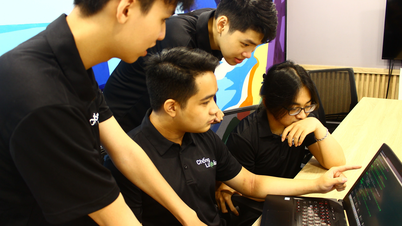

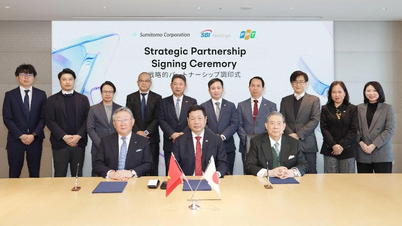






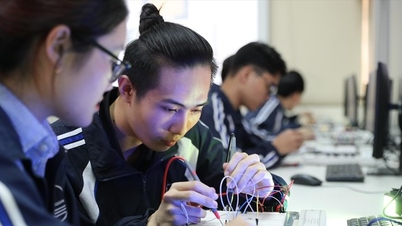


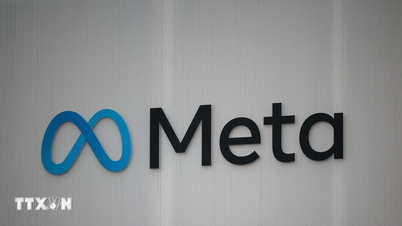








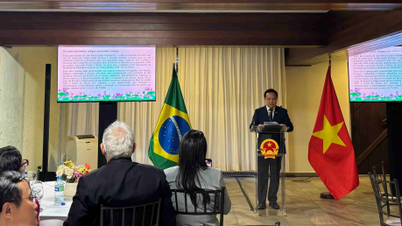


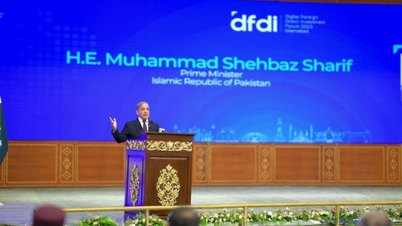


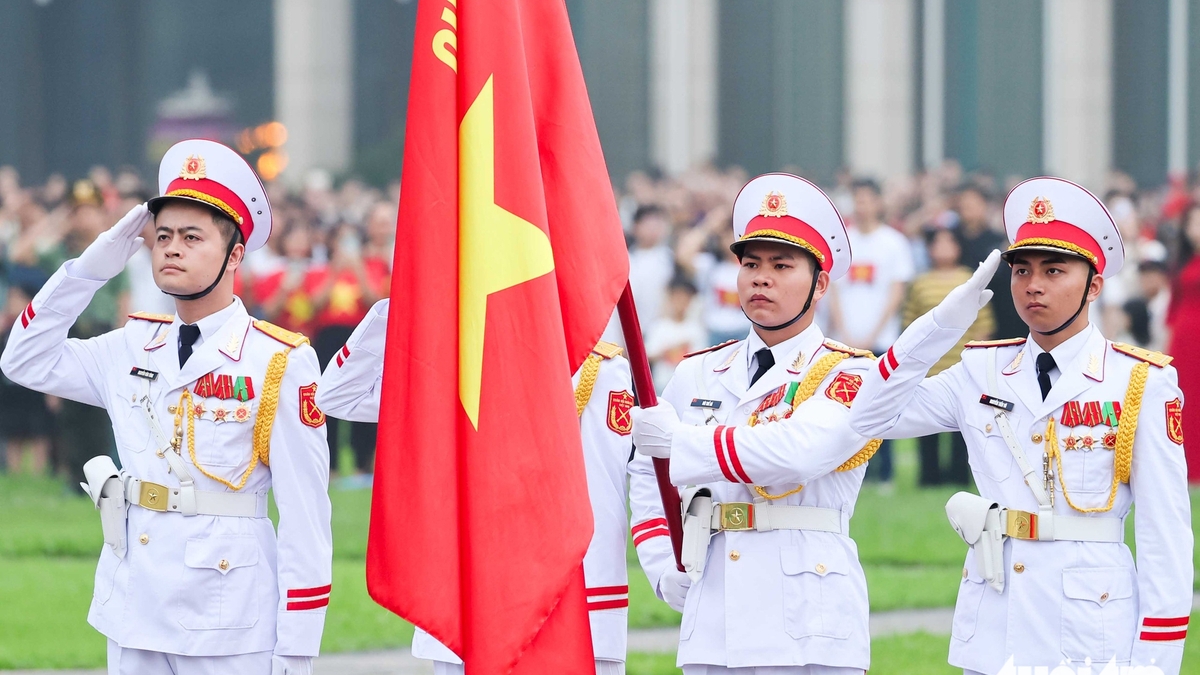

















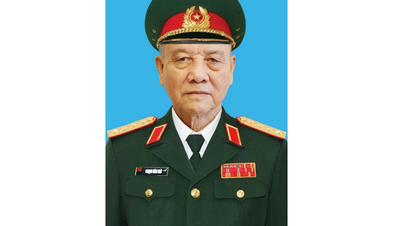




















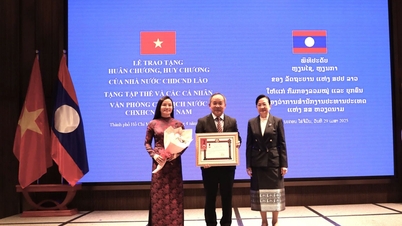



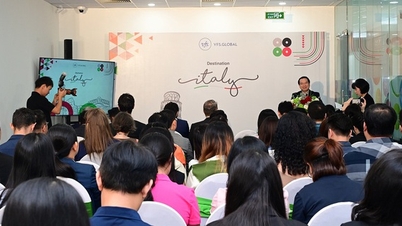






















Comment (0)